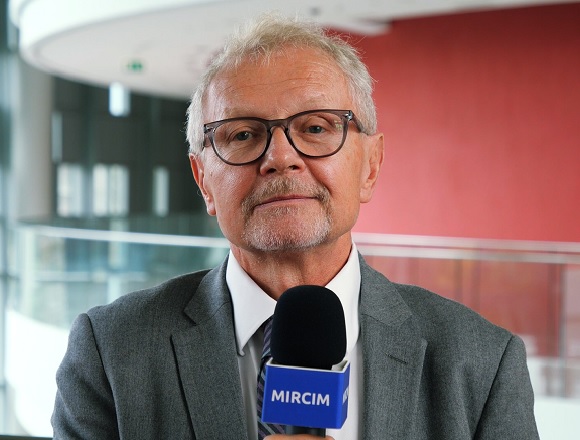Wieslaw Oczkowski, MD, is a professor emeritus in the Department of Medicine at McMaster University and director of the Regional Stroke Network for the Central South Ontario Region.
What is more likely to bring a breakthrough in the management of drug-resistant epilepsy: the development of new drugs with novel mechanisms of action or wider use of nonpharmacologic interventions, such as epilepsy surgery or, possibly, deep brain stimulation (DBS)?
I think, again, it goes back to what the epilepsy etiology is. It will respond differently to different medical drug treatments. However, there are new medications that seem to be very promising for the management of epilepsy, especially refractory epilepsy. They have different mechanisms of action. Unfortunately, we often find, the longer they’ve been out on the market and we’ve been using them, that they’re not as fantastic as they originally seemed in the clinical trials because clinical trials tend to have patients who are selected in some ways and in the general practice the medications behave differently.
The future will be different. The future will involve more epilepsy surgery. A surgery for epilepsy, focal lesional epilepsy, is extremely effective, much more so than multiple medications. So that will be a focus in the future.
The brain itself is an electrical device and in the future the management of epilepsy may be more [about] managing the electrical device as opposed to the [use of] neurochemicals itself. I think that will be the forefront.
 English
English
 Español
Español
 українська
українська




